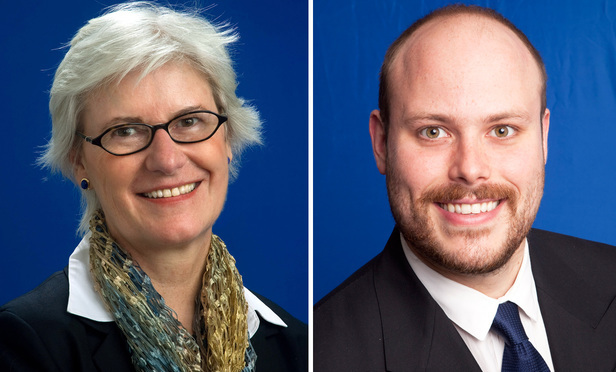One of the fundamental legal principles drilled into every first-year law student is the difference between a bright-line rule and an equitable standard. Perhaps channeling her past life as a law professor, Justice Elena Kagan’s recent opinion in Kirtsaeng v. John Wiley & Sons emphatically admonished lower courts that the Copyright Act’s attorney fee-shifting provision (Section 505) is not a rule, but a flexible standard. Accordingly, the Supreme Court’s ruling requires courts to “give due consideration to all…circumstances relevant to granting fees” in light of “the Copyright Act’s essential goals.”1 Put another way, courts must not grant or deny a fee based on a single factor, such as whether “the losing party advanced a reasonable claim or defense.”2
Fans of predictable bright-line rules—including attorneys advising copyright clients on the likelihood of an attorney fee award—may well feel dismayed. While Kagan’s decision requires district courts to conduct a multi-factor test, it does not identify the factors that courts should consider. Moreover, the ruling also effectively stamps out efforts in certain circuits—the Second and Fifth in particular—toward interpreting Section 505 more like a bright-line rule by raising presumptions for or against granting fees whenever a single condition (like objective reasonableness) is met. Commentators have thus been quick to note the decision “increases uncertainty surrounding the recovery of attorney’s fees under Section 505.”3



